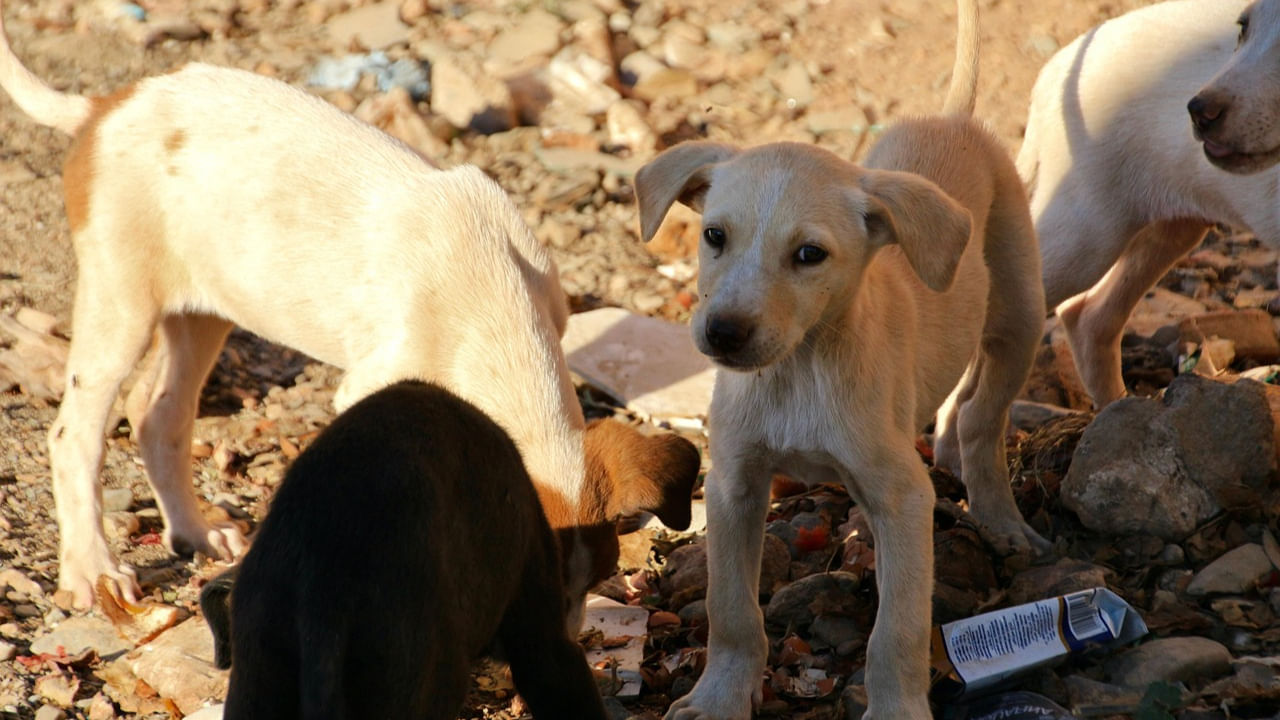New Delhi: Capital’s street dogs, long caught between conflict and neglect, may finally find some reprieve under the Municipal Corporation of Delhi’s (MCD) new approach to animal welfare. Acting on Supreme Court directions, the civic body has introduced measures designed not only to keep communities safe but also to ensure that the thousands of dogs who live on the city’s pavements are treated with dignity.
At the heart of the plan is the creation of designated feeder zones; spaces where strays can receive food without fear of hostility or harm. Instead of banning feeding, the policy ensures that dogs are cared for in a more organised manner, with volunteers and animal welfare groups playing a central role. This step recognises the bond between citizens and the dogs they nurture, while also easing tensions with those who have often opposed street feeding.
Renewed sterilisation & vaccination drive for strays
A renewed sterilisation and vaccination drive forms another key part of the effort. For weeks, overcrowded Animal Birth Control (ABC) centres had struggled to provide even basic care, leaving countless dogs vulnerable. With operations now set to restart, the focus will return to controlling the dog population in a humane and scientific way, a far cry from outdated and cruel methods once used against strays.
Rabid dogs to be sheltered, taken care of
In a landmark shift, the MCD has also decided that rabies-infected and aggressive dogs will be sheltered instead of abandoned on the streets. For animal advocates, this represents an overdue acknowledgement that even the sick and troubled among strays deserve compassion, not rejection.
Not an easy job…
Establishing feeder points across a sprawling city like Delhi will not be easy, but officials have committed to working with resident groups and NGOs to strike the right balance. For animal lovers, this is a chance to build a model where human concerns are addressed without stripping strays of their right to exist safely.
Will Delhi stray dogs finally get humane treatment?
For decades, Delhi’s street dogs have endured hostility, hunger and mistreatment in the name of public safety. Now, with the Supreme Court’s clear message that only rabid or dangerously aggressive animals should be isolated, there is hope that the city is moving towards a more humane and inclusive vision.
As the policy rolls out, the true measure of success will be whether Delhi can become a city where strays are no longer seen as a menace, but as fellow beings deserving of care, protection and respect.
